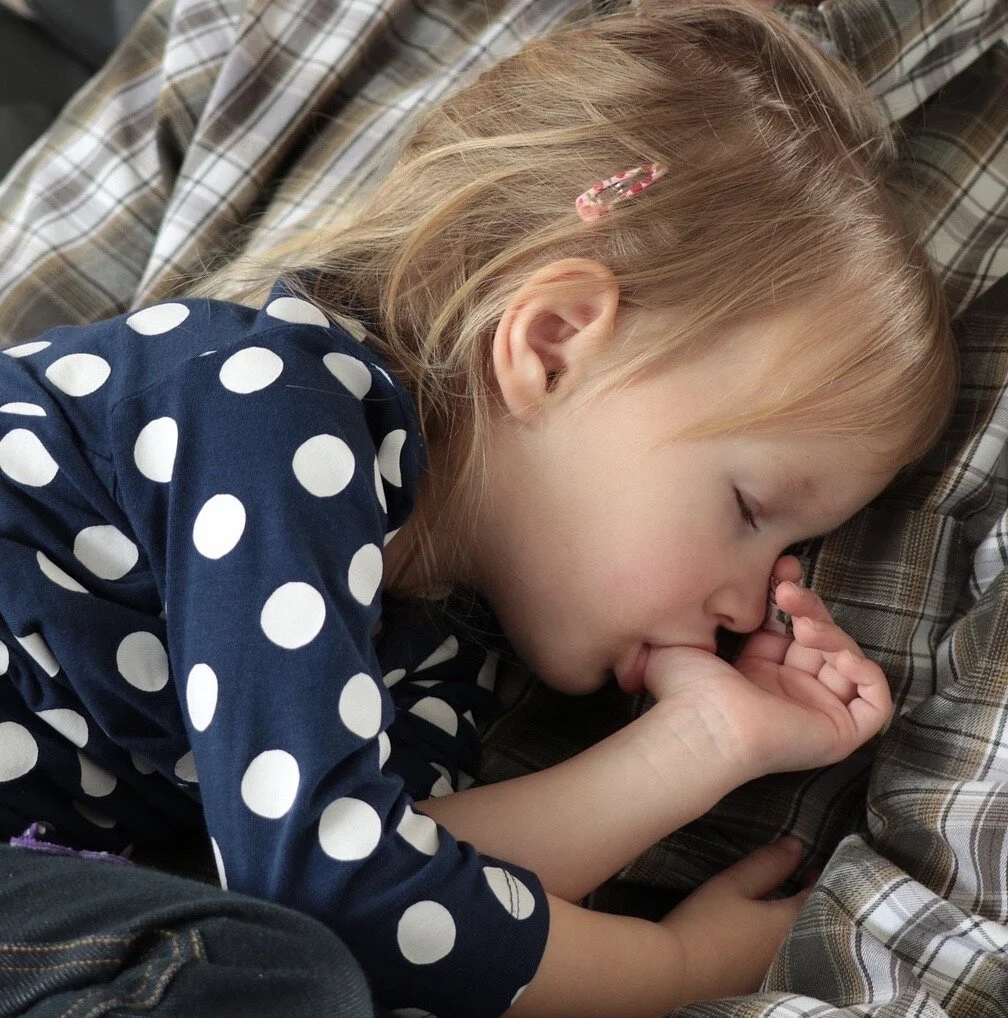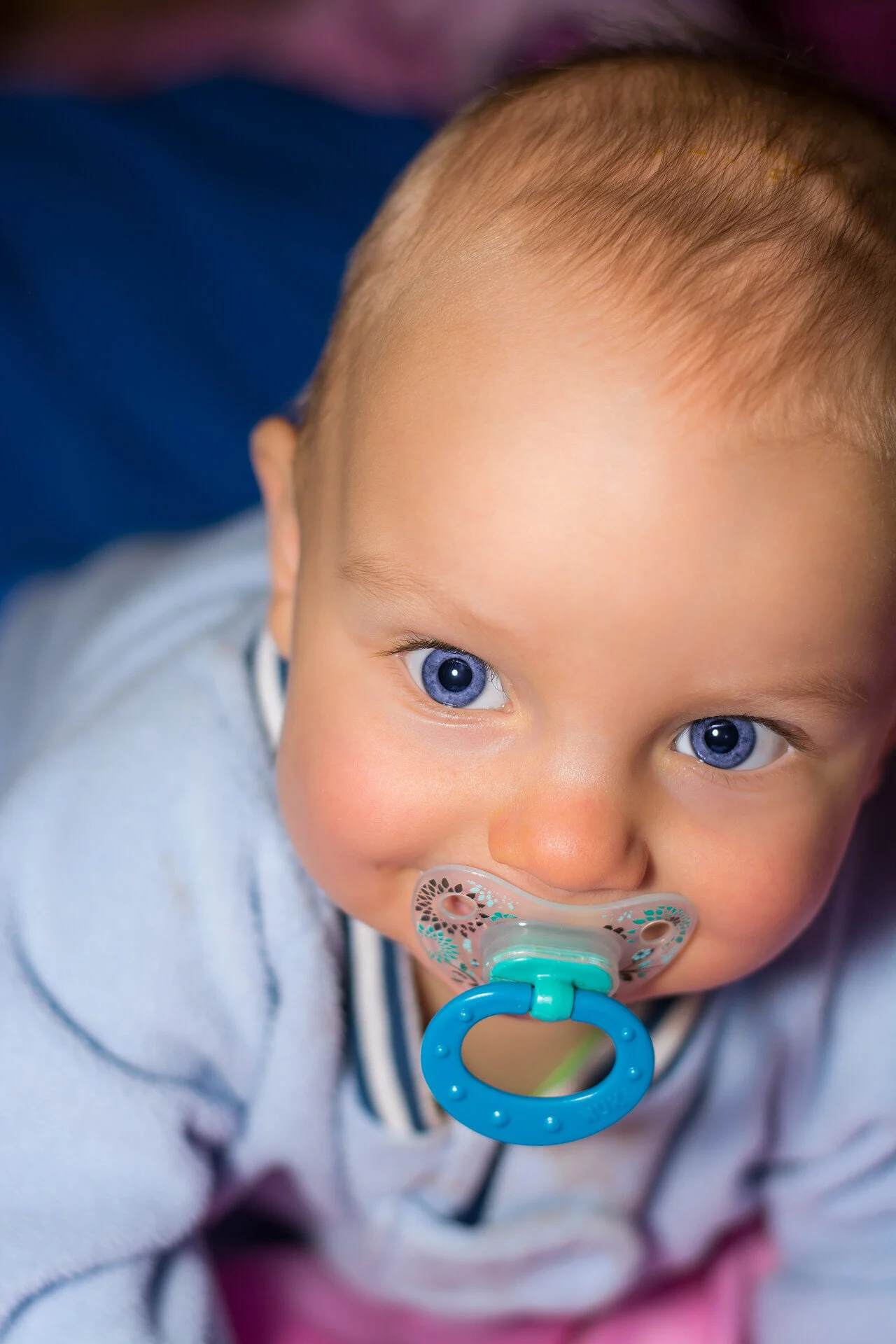
“History will judge us by the difference we make in the everyday lives of children.”
– Nelson Mandela
Our blog
Delve into a range of topics designed to help your family thrive. Whether you're seeking practical advice, creative ideas, or thoughtful perspectives on family life, you'll find it here.
You can also check out all of our free, practical videos on our YouTube Channel here - these include nappy changing, making up a bottle, topping and tailing and so much more!
Categories
ALL | Babies | Behaviour | Bereavement | Co-Parenting | Food and weaning | Getting to know | Grandparents | Health | Lockdown | Nursery | Other | Play | Routines | School | Separation anxiety | Siblings | Sleep | Teething | Toilet Training | Transitions | Travel | Tweens and Teens | Twins
My child is afraid of the dark!
Written by Claire Burgess, Family Consultant. Has your child suddenly started to say, “I’m scared!”, “I don’t like the dark”, or “I’m scared of the dark”? If so, please be reassured that this is a very normal phase of development and can be experienced by lots of children, their parents and carers. Most often the biggest impact of this can be around bedtimes where little ones are typically on their own and it is dark. This sense of fear can have an impact on sleep, bedtimes or even cause waking in the night.
Separation anxiety and bedtime (including 10 tips to help!)
Written by Claire Burgess, Family Consultant. One area which families can find very challenging during the phases of separation anxiety is bedtimes and naptimes. In this blog we are going to specifically look at how and why separation anxiety might affect bedtimes and sleep.
When should my child stop having a bottle? (including tips for weaning your child off theirs!)
Written by Claire Burgess, Family Consultant. During the first 12 months of life, the bottle for some babies provides comfort and positive associations. Looking to stop the use of bottles and moving to a cup can often make parents feel sad and question if it is fair on the child to make them give it up because they seem to love it so much. While it can be hard and there can be an attachment, there are good reasons to look at stopping it once your child is over 12 months.
The Power of Infant Massage
Written by Sophie Osgood, Spoonful of Nana. Hello, my name is Sophie Osgood, I went to Norland College, leaving in 2007 and nannied until I had my daughter in 2018. During this time, I experienced baby massage within a few of my nanny roles, I could see the connection between parent and baby and fell in love with the teachings.
I found the International Association of Infant Massage (IAIM) by chance and after reading their ethos I was totally hooked. In 2012 I trained to become a Certified Infant Massage Instructor (CIMI) which is where my business ‘Spoonful of Nana’ was born.
Is your child’s behaviour during lockdown telling you something?
Written by Claire Burgess, Family Consultant. Any behaviours that we see in either children or adults are a bi-product of the emotions and feelings that the individual is feeling at this time. As adults we are tend to have greater control over managing our behaviour, however when we are at heightened times of stress or anxiety we often struggle to do this and can to react in different ways, saying things that we don’t mean, getting cross with people or feeling sad or upset when we don’t really know why. I am sure that lots of adults have been feeling a range of emotions over the last few weeks and will continue to over the coming months; this is the same for our children but their triggers might just be different.
Teething!
Written by Claire Burgess, Family Consultant. Teething can be one of the most difficult times with the under twos. It is horrible to see your little one uncomfortable, in pain and not understanding what is happening to them or why they are feeling like they do. If you have ever experienced pain with wisdom teeth pushing through I am sure that you can empathise with what your little one is going through. However, some babies and toddlers can breeze through teething and you only notice when you put your finger in their mouth and get a surprise nip!
Teething can very often be attributed to babies and toddlers being unsettled and it can sometimes feel that it is going on for months on end! Typically this is not the case though and often you will see the common symptoms 2-3 days prior to the tooth/teeth coming through.
Chiropractic Cranial treatment for babies
Written by Karen Habershon DC MChiro CCEP. There is so much confusion when it comes to treating anyone but even more so babies. As a parent all you want is the best for your baby and, when struggling with the excessive amount of information available on the internet and friends and family offering varying advice, many feel very confused and lost.
Thumb sucking and how to stop it!
Written by Claire Burgess, Family Consultant. Following on from my blog about helping your little one to give up their dummy we had lots of questions about how to stop thumb sucking and so we decided to write a blog on this topic as well!
According to the British Orthodontic Society, one in every eight children in the UK (aged 7 to 11) has a thumb sucking habit. Babies have a natural sucking reflex and thumb sucking can start very early on after birth and can sometimes even be seen in the womb!
Dummies and how to help stop your child using theirs!
Written by Claire Burgess, Family Consultant. Dummies are often introduced in the early days or weeks of a baby being born and there is some research to suggest that using a dummy in the first 6 months for naps and night-times could help reduce the risk of sudden infant death syndrome (SIDS). For more information on this please see the Lullaby Trust website.
As advised by the Lullaby Trust and the British Society of Paediatric Dentistry, it is however best to gently withdraw use of the dummy between 6 and 12 months – this is to avoid possible longer-term problems associated with dummy use (such as ear infections or misalignment of teeth - these problems have not been found below the age of one year). However, as many parents and carers know, this can certainly be easier said than done! We hope that this blog will give you some useful suggestions as to how to go about it.
Parenting teenagers!
Written by Claire Burgess, Family Consultant. The blog which was bravely written by our 13 year old teenage friend (who we will call Jemma), is a really powerful read and she has been very honest about the issues she is facing in her teenage years. Parenting teenagers is always talked about in quite negative terms with comments such as “wait until they are teenagers”, “typical teenager, “I don’t envy you with teenagers!” etc. Teenagers do tend to have a bad reputation, but this is actually not all that different to the way people view the toddler stage and interestingly enough there are a lot of similarities between the two developmental stages. The brain is going through huge changes at both these points and so this is when we typically see more challenging behaviour and high emotions.










